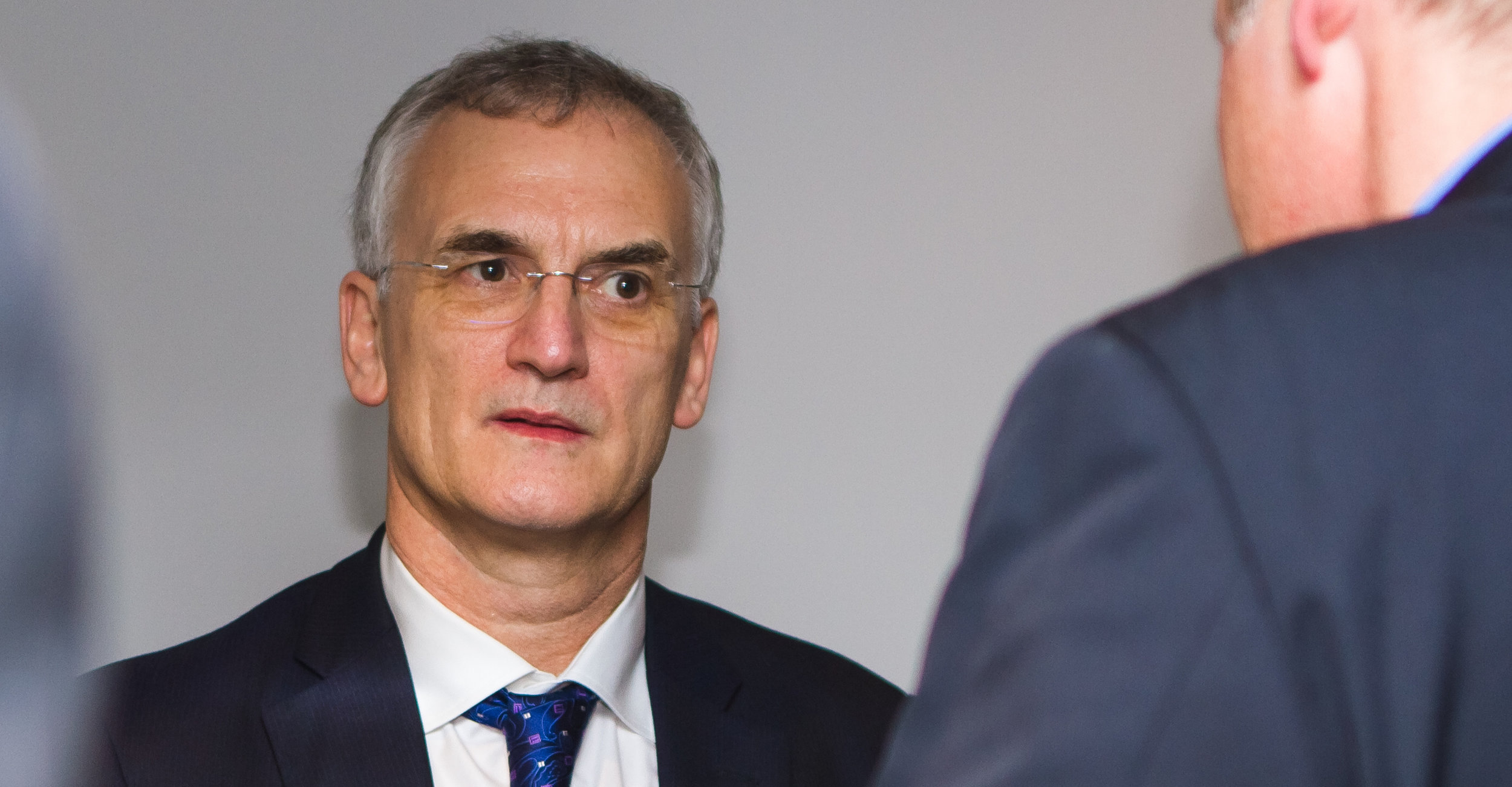Nestled between the Arctic and Atlantic oceans is Greenland, a slab of ice and rock that has caused more controversy than one might expect from the least densely populated country in thew world. For a long time, the Mercator map misrepresented Greenland as a giant land mass almost as big as Africa, but a 1970s reassessment cut it down to size, showing that it’s actually only about one-fourteenth of the continent’s area.
Now, in a cruel coincidence, new NASA maps show that Greenland is actually — physically — shrinking, and it’s happening at a much quicker pace than scientists once thought.
On Wednesday, in the journal Geophysical Research Letters, a team of NASA scientists together with collaborators from over 30 institutions published the most accurate high-resolution maps of Greenland’s bedrock and coastal seafloor, using data from NASA’s OMG campaign — short for Ocean Melting Greenland, but apt for describing its scary findings. The maps revealed some terrible news for the country’s 54,100 inhabitants: While scientists had long known that some of the glaciers comprising the icy landmass were melting because of climate change, it now appears that up to four times the original number of glaciers are under threat.










